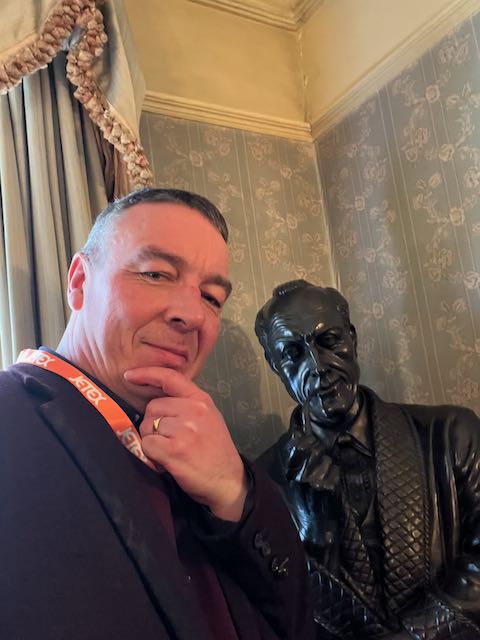In 2025, the rapid adoption of artificial intelligence will no doubt continue to dominate the headlines, reshaping industries, redefining workflows, and promising unprecedented efficiencies. Yet, amid the excitement, there is a vital and nuanced conversation we need to have—one that places human intelligence and its opportunities at the forefront of our shared future.
Let me ask you to pause and reflect on our need to embrace new technology and maintian our humanity too.
The Unique Value of Human Intelligence
Human intelligence is more than data processing or task efficiency; it is deeply relational and contextual. Our ability to:
- Build trust and foster meaningful relationships,
- Interpret subtle social cues and navigate complex emotions,
- Exercise moral judgment and imagination,
…is not only irreplaceable but essential for creating environments where people thrive.
As teams and organizations invest in AI-driven solutions, there’s a danger that we may unintentionally sideline the very attributes that create sustainable value: empathy, creativity, adaptability, and collaboration. After all, while machines can predict trends and automate processes, they cannot create culture, mentor others, or inspire communities. Workplaces are more than the sum of the tasks, thye also create communities, meaning and purpose. We can see this legacy in our towns and history.
Embracing Technology with Balance
To be clear, this isn’t a call to resist or fear AI—it’s an invitation to collaborate with it intelligently. The future lies in understanding AI as a partner in our work rather than as a replacement. When used thoughtfully, AI can free us from repetitive tasks, allowing us to focus more on innovation, interpersonal connection, and envisioning what a "good life" truly means.
This balance requires intentionality:
- Upskilling for Synergy: Teams must develop skills that complement AI rather than compete with it—critical thinking, emotional intelligence, and ethical reasoning are prime examples.
- Creating Positive Workplaces: Organizations need to prioritize shared, meaningful experiences in the workplace that reinforce purpose and community.
- Redefining Productivity: We must resist the temptation to measure success purely by output. Productivity is not only what we do, but also how we do it and the impact it has on our communities.
The Good Life in a Tech-Enabled World
The ultimate question isn’t whether we will adapt to AI but how we will shape our adaptation in ways that support a balanced, human-centered life. This is an exciting opportunity to ask ourselves:
- How do we redefine what meaningful work looks like in 2025?
- What values will guide our use of AI in fostering inclusion, equity, and wellbeing?
- How can leaders ensure that technological advancement strengthens rather than weakens the bonds of human connection?
Let’s Build This Together
My goal here is not to provide all the answers but to provoke curiosity and invite collaboration. The intersection of AI and human intelligence is rich with possibilities, and I believe we can all contribute to shaping it.
So let’s engage. Let’s reflect on the opportunities, challenge the risks, and champion the extraordinary capabilities that lie within us. In 2025 and beyond, human intelligence will not be sidelined—it will thrive if we choose to develop and prioritize it.
What are your thoughts? What opportunities do you see for reimagining the role of human intelligence alongside AI? I’d love to hear your perspectives.
Let’s make this future a shared journey.
James Hardie
Expert in Organizational Development | Advocate for Human-Centered Workplaces | Champion of Balanced Innovation







.svg)
.svg)
